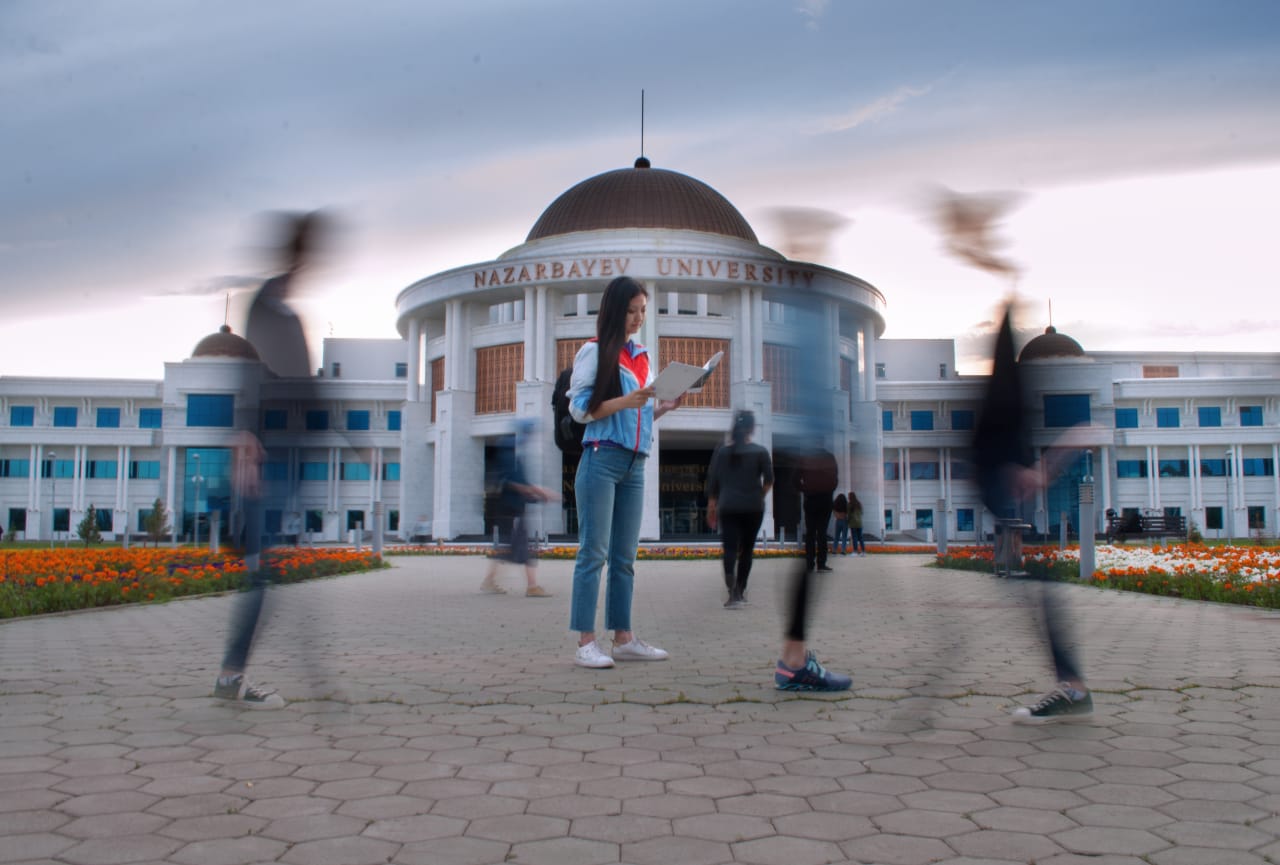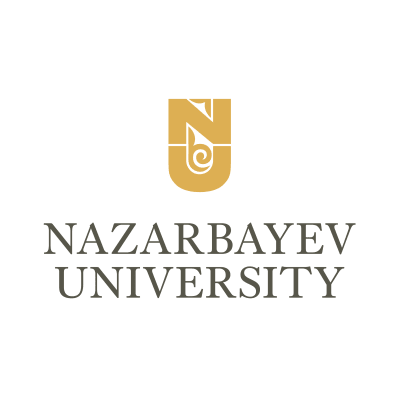
M.Sc. in Mechanical and Aerospace Engineering
Nazarbayev University

Key Information
Campus location
Astana, Kazakhstan
Languages
English
Study format
On-Campus
Duration
2 years
Pace
Full time
Tuition fees
Request info
Application deadline
Request info
Earliest start date
Request info
* merit-based scholarships are available
Scholarships
Explore scholarship opportunities to help fund your studies
Introduction
The MSc in Mechanical & Aerospace Engineering provides a comprehensive technological and scientific preparation for engineers in 3 (three) key areas of Mechanical and Aerospace Engineering:
- Applied Mechanics
- Energy and Thermofluids
- Engineering Design, Materials, and Manufacturing, in perfect alignment with today's technological challenges
The program emphasizes adapting and applying analytical, mathematical/optimization and computing skills MSC in Mechanical and Aerospace Engineering (MSc-MAE) Students are required to complete 120 ECTS credits, in 4 semesters, which satisfies requirements stipulated by the Bologna Process and the European Credit Transfer and Accumulation System (ECTS) for Master’s Degrees.
The program is focusing on research and has been designed to provide advanced skills and a detailed knowledge base at the graduate level for individuals working in academia, industry, or research settings throughout the world.
General information
- Campus: Astana, Kazakhstan
- Language: English
- Delivery mode: Full-time, on-campus
- Duration: 2 years
- Total ECTS credits: 120
Aims and objectives
The mission of the School of Engineering and Digital Sciences at Nazarbayev University is to contribute to the development of Kazakhstan in terms of:
- Educating students with engineering expertise to lead organizations and provide innovative solutions for complex technical issues of enterprises.
- Conducting innovative and pioneering basics of applied research that evolve the body of knowledge in Engineering through interdisciplinary collaboration with other schools and research centers at Nazarbayev University and leading universities worldwide.
- Advancing professional development in engineering through our service to the professional community and providing lifelong learning opportunities for practitioners.
The M.Sc. (MAE) program aims to reflect the mission of the School of Engineering and Digital Sciences and accomplishes this by pursuing the following objectives:
- To enable mechanical and aerospace engineers to make critical decisions based on uncertain and complex data so that they can lead multidisciplinary teams within a modern organization.
- To train mechanical and aerospace graduates in scientific research, so that they can effectively organize and manage engineering-research projects at a mid-managerial level in a modern industrial environment.
- To prepare the engineers for their professional practice with the strictest and highest ethical standards, taking into consideration economic, environmental, safety, and social responsibility.
- To support the economic development of Kazakhstan by empowering the new generation of Mechanical and Aerospace Engineers who can facilitate the creation of innovative and highly technological goods and services.
School of Engineering and Digital Sciences
Nazarbayev University’s School of Engineering and Digital Sciences (NU SEDS) has designed all of its programs to revolutionize the traditional engineering and science learning environment of lectures and laboratories to include modern components that engage students in project-based exercises in critical thinking.
As world-class leaders in STEM education, all NU SEDS graduates enter the global marketplace as highly skilled experts in their chosen field of study. Our graduates go on to become innovators who overcome the obstacles in Central Asia and Eurasia’s advanced technology industries.
The SEDS promotes a mission of utilizing advanced technologies and research to shape student expertise and train them in critical thinking and inventive design.
Graduates of NU SEDS are coveted in the global engineering and digital science community because of our students’ interdisciplinary perspectives essential to advancing modern industry and infrastructure.
Strategic partners of Nazarbayev University
- Duke University, Fuqua School of Business (USA)
- The National University of Singapore, Lee Kuan Yew School of Public Policy (Singapore)
- The University of Pennsylvania (USA)
- The University of Cambridge (UK)
- Colorado School of Mines (USA)
- The University of Wisconsin-Madison (USA)
- The University of Pittsburgh Medical Center (USA)
- The Lawrence Berkeley National Laboratory (USA)
- The Oak Ridge Associated Universities (USA)
Admissions
Curriculum
The MSc MAE program runs over 4 semesters (2 years) where you are required to complete 120 ECTS credits. A master's thesis begins in the 3rd semester (1st semester of the 2nd year) and completes in the final semester of the Master’s course where you will be asked to demonstrate your familiarity with the current literature in the field; defend your thesis proposal; analyze and evaluate results; support your findings in a scholarly manner according to disciplinary norms and finally, defend your thesis work. A set of mandatory core courses guarantees competence in advanced mathematics, the three key areas of the program (Applied Mechanics, Energy and Thermofluids, and Engineering Design, Materials, and Manufacturing), classic and novel research methods, and effective oral and written communication in the science and technology domain.
Career Opportunities
Possible career destinations:
- Compiler
- Material Engineer
- Technician in Mechanical Engineering
- Petroleum Engineer
- Manager of Natural Sciences
- Nuclear Engineer
- Physicist and Astronomer
Gallery
Program Outcome
On successful completion of the program, graduates will be able to:
- Investigate mechanical and aerospace engineering concepts at an advanced level.
- Critically analyze existing scientific literature and develop personal research skills.
- Conduct innovative research utilizing acquired skills and appropriate methodology.
- Communicate effectively about accomplished research work to the general public as well as to experts.